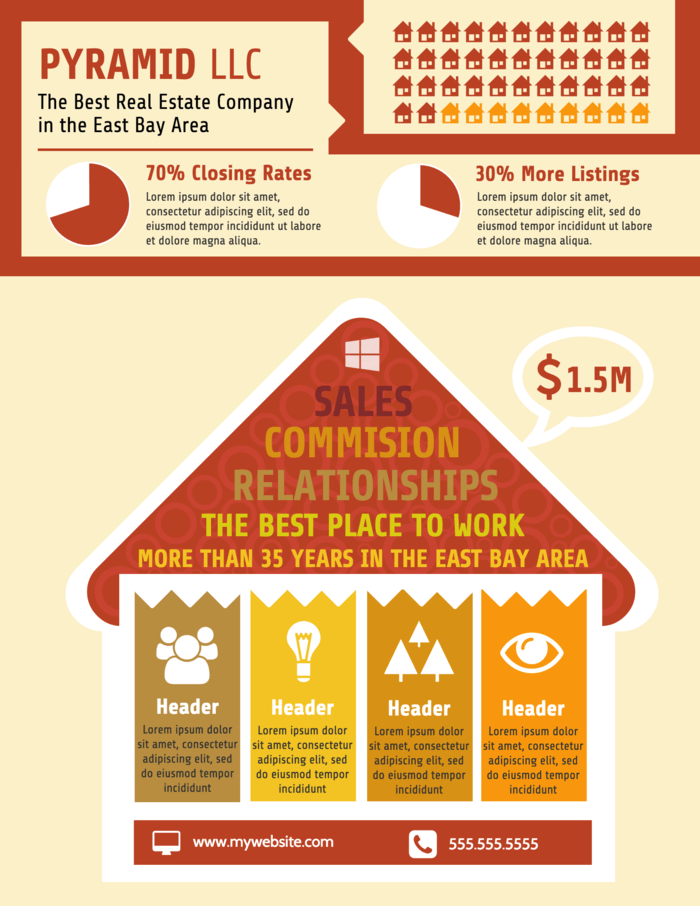Typical Errors People Make When Planning Real Estate And Exactly How To Prevent Them
Typical Errors People Make When Planning Real Estate And Exactly How To Prevent Them
Blog Article
Team Writer-Edvardsen Asmussen
When intending real estate, you could be uninformed of the pitfalls that might hinder your financial investment. Overlooking can you use a commercial property as a residence like market analysis, zoning policies, and spending plan factors to consider can result in expensive blunders. Nevertheless, by taking positive actions to carry out complete research, set a realistic spending plan, and prepare for future needs, you can navigate the property landscape more effectively. Remain tuned to discover practical approaches to avoid these typical mistakes and guarantee an effective realty endeavor.
Absence of Correct Research Study
Among one of the most critical action in planning property is performing thorough research. Without correct research study, you may neglect crucial information that might substantially affect your realty decisions. Study helps you understand market trends, property worths, zoning laws, and other variables that could affect your investment. By diving right into the market, you can determine possibilities, assess risks, and make notified options that straighten with your objectives.
When you disregard study, you risk making uninformed decisions that can bring about monetary losses or missed out on possibilities. As an example, without looking into the neighborhood, you may invest in a residential or commercial property that does not align with your target audience or lacks potential for growth.
Likewise, stopping working to research market patterns can cause acquiring a home at an inflated rate or losing out on a profitable bargain.
To avoid the pitfalls of insufficient research study, take the time to gather appropriate information, evaluate information, and consult with experts in the field. Developing will vs estate planning of expertise with research will encourage you to make sound realty decisions and maximize your investment capacity.
Disregarding Spending Plan Constraints
When intending property financial investments, it's important to pay attention to your spending plan restraints. Overlooking your economic limits can bring about significant problems down the road. Prior to diving into any type of real estate endeavor, put in the time to extensively examine your financial situation. Determine how much you can manage to spend without exhausting on your own. Think about factors like deposits, home loan settlements, real estate tax, insurance, upkeep costs, and any unexpected costs that might arise.
To prevent this usual blunder, create a thorough budget describing your income and expenses. Be realistic concerning what you can pay for and stay with your economic plan. Keep in mind that it's not almost the ahead of time expenses but also about the lasting economic commitment. Avoid the lure to spend beyond your means or handle more financial debt than you can handle.
Overlooking Future Demands
Stopping working to think about future demands can endanger your realty investments. When intending your real estate, it's vital to think about the long-term effects of your choices.
One typical mistake is forgeting the prospective adjustments in your lifestyle or family size. For instance, if you're preparing to start a family or have elderly parents relocating, a one-bedroom apartment or condo mightn't suffice in the future.
One more facet to think about is the versatility of the residential or commercial property. Will you have the option to expand in the future if required? Neglecting this can restrict your capacity to adapt the area to your altering requirements. Furthermore, access attributes might become important as you or your liked ones age.
To avoid this mistake, take the time to examine your future objectives and prospective life modifications. Consider residential properties that use space for development or alterations.
It's also smart to talk to a property representative or organizer that can aid you examine your long-lasting demands and locate a residential or commercial property that aligns with your future plans. By being aggressive and forward-thinking, you can guarantee that your property financial investment continues to be ideal for many years to come.
Conclusion
Finally, by conducting detailed study, remaining within budget plan constraints, and considering future requirements, you can prevent common blunders when intending property. Remember to consult with professionals, assess market trends, and create a comprehensive budget to make informed choices. By taking these steps, you can ensure an effective and lucrative realty investment that meets your needs currently and in the future.
